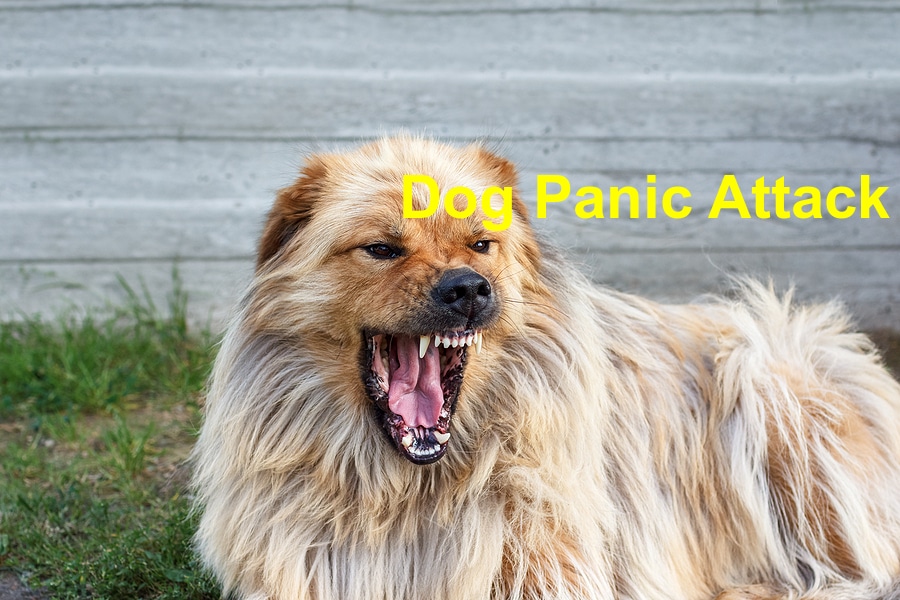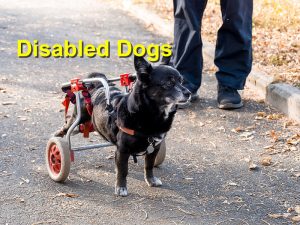Like humans, dogs can also experience anxious episodes of panic attacks where they get sudden, intense feelings of fear. Some of the common panic attack symptoms in dogs include elevated heartbeat, sweating, trembling and nauseousness. Lear more about panic attacks in dogs here below.
Symptoms of dog panic attacks
Here are the common signs that your dog is experiencing a panic attack:
- Excessive pacing and trembling
- Sudden panting and excess salivation
- Jumping or pawing their owner
- Hiding or frantically seeking attention
- Stomach upset, vomiting or diarrhea
- Urinating
- Strange behaviors like digging your bed or bathroom
How to manage dog panic attacks
If your dog is experiencing panic attacks, it may be helpful to visit the veterinarian for additional tests. Your vet will perform several tests to ensure there are no medical reasons for the panic attacks. Nevertheless, there are a few ways you can manage dog panic attacks at home, including the following:
Offer sufficient mental and physical stimulation through exercise
All pet owners must strive to ensure that their pets are getting sufficient exercise every day. For instance, a short walk or brief play session can help to minimize your dog’s stress and anxiety levels. In addition, puzzle toys and training sessions are also helpful in stimulating your dog’s brain and minimizing the risk of panic attacks.
Offer your dog comfort when you notice the panic attacks
When your dog experiences a panic attack, you can provide them more attention by hugging or holding them to reduce the symptoms of their panic. You can offer a distraction and take the dog outside for a short walk or practising basic dog tricks. Alternatively, you can massage or brush your dog to manage their panic attack.
Consider buying supplements that can prevent dog panic attacks
Natural supplements like l-tryptophan and l-theanine have a relaxing effect on dogs and could be beneficial for dealing with panic attacks. Likewise, you can also consult your veterinarian and request antianxiety medications if the natural supplements are not effective. Your vet will recommend the best maintenance medication to help cope with the dog’s panic attacks.
Conclusion
You should always strive to treat your dog with respect and love, especially when they are experiencing panic attacks. The practical tips mentioned above should help you to manage the panic attack episodes that your dog may be experiencing. Nevertheless, you should always consult your vet to ensure the dog’s panic attacks aren’t caused by underlying health conditions.
References: PetMD, AKC, Anxiouspet





